How to invest in ETFs and index funds
ETFs and related funds have grown in popularity thanks to their diversified nature and low fees. We show you how to invest and help you compare trading services.

The breakdown
- Index funds and ETFs are diversified investment options that benefit from low fees.
- A wide range of funds are available to suit risk and investment preferences from a number of NZ investment platforms including Sharesies, Hatch, Smartshares, and more
- Make sure to pay attention to fees — they vary both with fund and investment platform.
Author: Kevin McHugh, Head of Publishing at Banked.
What is an index fund?

An index fund is one that tracks a particular financial index. Examples of market indexes include the S&P 500 (an index of the 500 largest US-listed companies) and the NZX 50 (the 50 largest companies listed on New Zealand’s Exchange, or NZX).
These funds match a market index by investing in the shares that make up that index. That means when you invest in an index fund, you are actually investing in the performance of a number of companies at once, unlike investing in shares.
Index funds are a popular investment product because they are naturally diversified, have low fees, and typically provide good returns for long-term investors.
ETFs vs index funds
Index funds and exchange-traded funds (ETFs) are similar and sometimes the terms are used interchangeably. They have the same benefits for many investors, but they are not technically the same.
One of the key ways ETFs differ is that they are traded on a stock exchange, while an unlisted index fund is not. This means that how and where you can invest in each is different.
As ETFs are listed on exchanges, you can buy in through share trading platforms like Sharesies, Stake, Hatch, or Tiger Brokers. You can invest in an unlisted index fund through a fund manager like Kernel Wealth.
ETFs have the edge when it comes to choice. There are a huge number of ETFs available to Kiwis from exchanges in the US, NZ and beyond. There are far fewer unlisted index funds available from NZ fund managers.
How to invest in ETFs and index funds
These are the steps to take to invest in index funds and ETFs.
1. Decide on your investment goals and priorities
Funds can vary significantly in terms of risk, fees, investment area, and so on. An investor who wants a long term investment with minimal risk and the lowest fees possible will be looking at a very different set of funds than one interested in aggressive growth in an innovative sector.
Investing ethically may be a key requirement for you, in which case you may be interested in socially responsible ETFs.
Defining what you want to achieve with your investment will help identify which funds meet your needs.
2. Find the best and most cost-effective investment platform for you
Settling on what and how you want to invest will also help you choose the right investment platform.
Several trading platforms will give you access to US-listed ETFs. If you’ve settled on an NZX-listed ETF, Smartshares may be what you’re looking for. If you’d prefer to invest in an unlisted index fund, Kernel Wealth might be the choice for you.
You will also need to consider the fee structure of the platforms you’re considering. It’s very likely there is one platform that will charge you lower fees based on how you will invest.
3. Open an account and make your investment
Once you’ve established what you want to invest in and the platform that provides the best fee structure, you’re ready to deposit funds and choose your investment.
Bank transfer is the most widely available deposit method, although some platforms will let you add money to your account via credit or debit card.
If you’re investing in an ETF, you will be able to find your investment by searching for the accompanying ticker symbol. Nearly all investment platforms have a search function through which you can find the fund you’re looking for.
Compare platforms that offer ETFs and index funds
| Platform | Available markets | Investments types | Transaction fee | Promotions | Learn more |
|---|---|---|---|---|---|
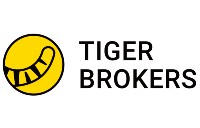 Tiger Brokers
Tiger Brokers
|
|
|
Zero transaction fees 4 times for US & AU shares every month.
Varies with market, starting from USD $2. |
|
Tiger Brokers review |
 Hatch
Hatch
|
|
|
$3 USD | Sign up with our link and get a $20 NZD top-up when you deposit $100 NZD. | Hatch review |
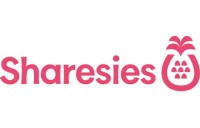 Sharesies
Sharesies
|
|
|
1.9%, capped at: - $5 USD for US shares - $25 NZD for NZ shares - $15 AUD for AU shares. |
None currently | Sharesies review |
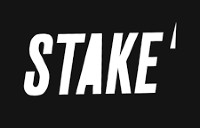 Stake
Stake
|
|
|
US$3 (for trades up to US$30,000) | Free Nike, Dropbox or GoPro stock | Stake review |
 Superhero
Superhero
|
|
|
|
None currently | Superhero review |
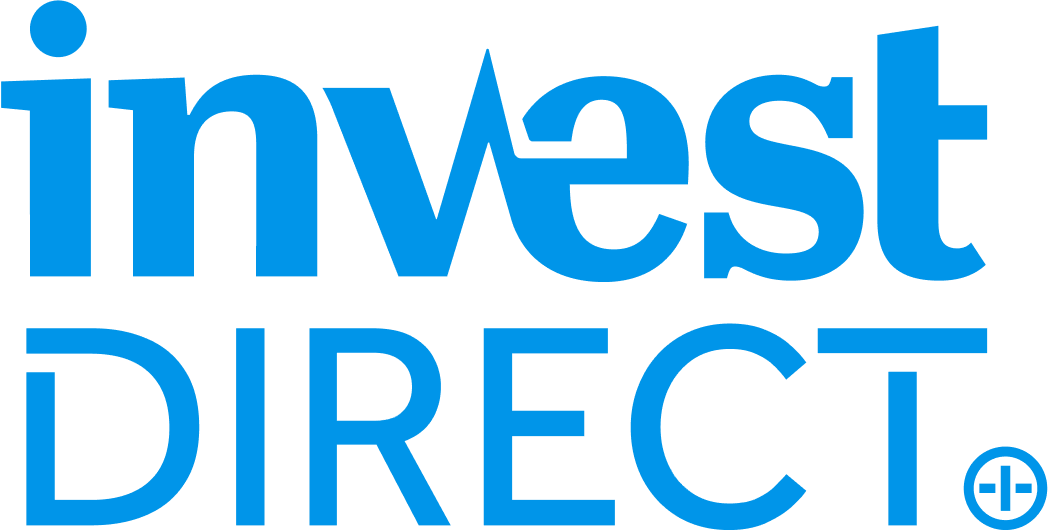 Invest Direct
Invest Direct
|
|
|
Varies with market, starting from $29.90 | None currently | |
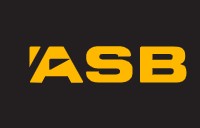 ASB Securities
ASB Securities
|
|
|
From $15 | None currently | |
 Smartshares
Smartshares
|
|
|
An establishment fee of $30 is charged on first investment into the scheme. | None currently | |
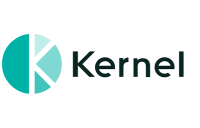 Kernel Wealth
Kernel Wealth
|
|
|
$0 | None currently |
The pros and cons of index funds and ETFs
Pros
- Diversification: As an investment in a range of assets, funds are generally lower risk than investing in shares.
- Performance: While there are no guarantees when investing, index funds are generally known for providing good returns for long-term investors.
- Low fees: As they are (usually) passively managed, index funds and ETFs have lower fees than actively managed funds.
- Variety: There are a huge number of funds available, meaning potential investors are not limited in choice.
- Dividends: Like shares, some funds pay out dividends.
Cons
- Costs: While index funds and etfs have low fees when compared to actively managed funds, they are still more costly than shares which have no management fees.
- Less risk, less returns: These funds typically favour larger companies as part of their underlying assets, meaning they potentially have less potential for growth.
The fees involved
The amount you will be charged in fees to invest in these funds will vary with the investment platform or fund manager you choose.
Here is a breakdown of the common fees charged when investing in index funds and ETFs.
- Management fee: All index funds and ETFs involve a management fee, though it is usually quite low (under 1% per year).
- Brokerage/transaction fee: This is a fee for either buying or selling your investment in the fund.
- Foreign exchange fee: If you’re investing in an ETF that is listed on a foreign exchange, such as one of the US exchanges, the trading platform will charge a foreign exchange fee.
- Account/subscription fee: This is an administration fee charged for maintaining your account. These are uncommon with NZ trading platforms, but they are charged by some fund managers.
- Set up fee: Charging a fee to open an investment account that gives you access to index funds or ETFs is less common, but some do. These platforms may also require a minimum investment.


